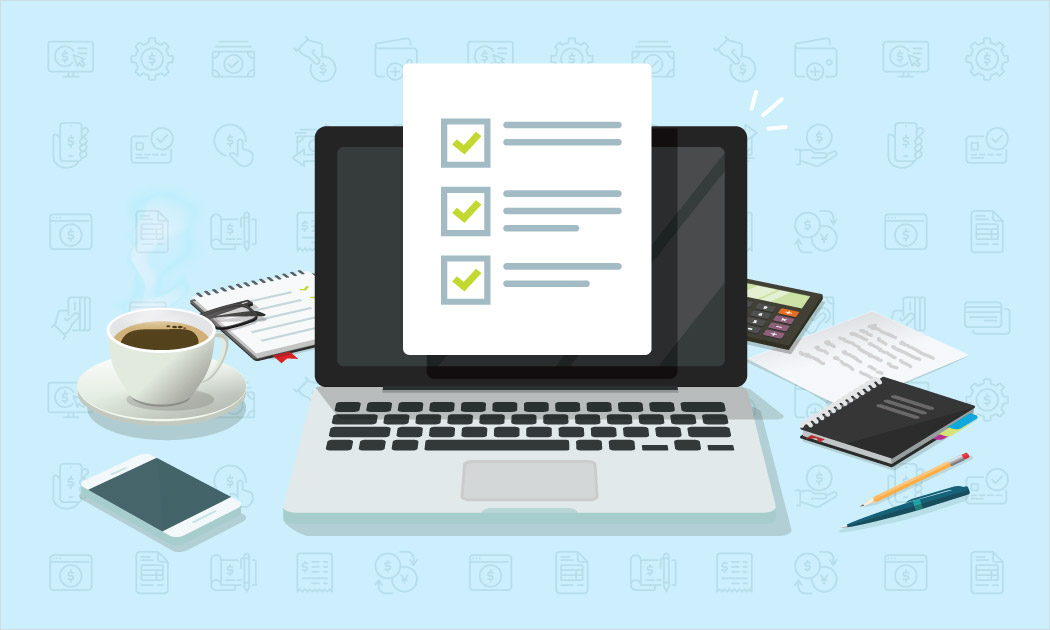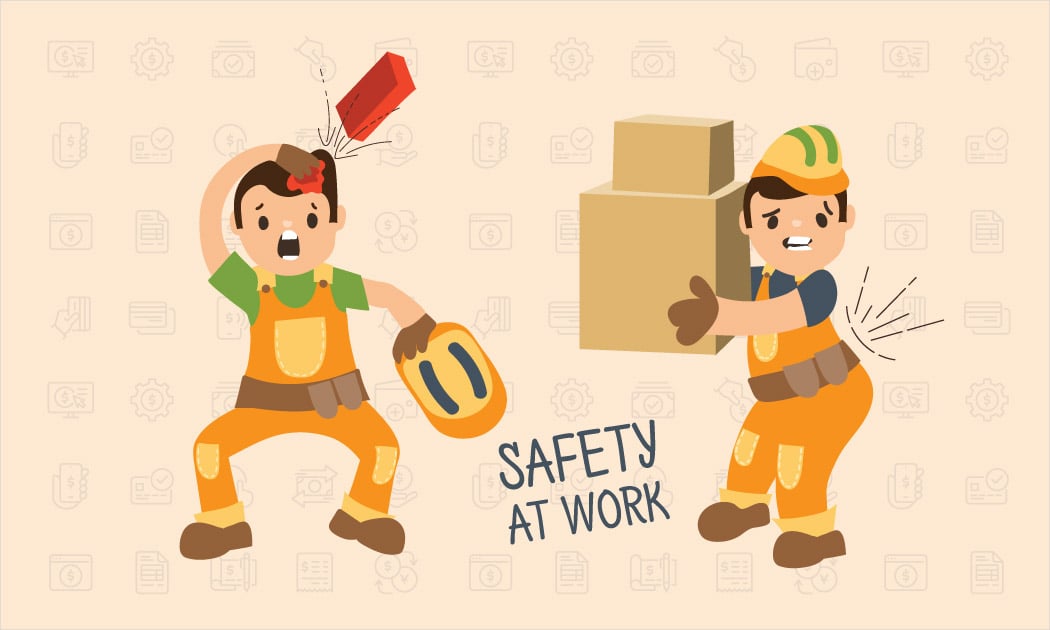The Payroll Blog
News, tips, and advice for small business owners
- Home
- Resources
- Payroll Blog
- Weathering a Storm: How to Prepare Your Business for the Unexpected
5 Ways to Prepare Your Business for the Unexpected
When running a small business, it’s to be expected that business won’t be smooth sailing all the time.

From financial instability to pandemics, and natural disasters, there will likely be some big storms that rock your business (literally). While we are taught to expect the unexpected, it can be hard to fully grasp that and have a plan in place for when something impacts your business. Below, we have the tips on how to handle more challenging moments your business may face.
Create a business continuity plan
You don’t want to wait for something bad to happen, or be very close to happening, and not have a plan in place. While situations like inclement weather can move quickly, having the groundwork in place will help. A business continuity plan should include some of the things we discuss below, like communication plans, and employee action plans. You’ll also want to keep an eye on cash flow throughout the year, but when facing challenges, ensure that you have enough cash on hand, and know the expenses you must pay if you are struggling with cash.
Have a communication plan for employees and clients
A communication plan should be included in your business continuity plan. Communication is the key to success, and in unpredictable times, communication is even more important, which is why you need plans in place for your employees and clients. If you’re prepping your business for a natural disaster like a hurricane or winter storm, you’ll likely have some heads up what to expect. Follow weather forecasts and share updates with your team about what you plan to do, meaning will employees work remotely or try to come into your business.
With employees, you’ll need a system for getting the message out. Popular options include emails, group text messages, or a phone tree. You’ll also need a system for customers. This may vary based on the type of business you own, but depending on how long you’ll be closed, you’ll want to consider communicating via phone, email, and social media. Using the COVID-19 pandemic as an example, employers had to stay in touch frequently with employees as federal and state rules and regulations were always changing direction. With customers, business owners needed to let them know about the measures being taken to keep customers safe, whether or not the business was open, and what the precautions were around re-opening. For shorter closures, such as a day or two off for a snowstorm, you’ll still need to communicate but can have shorter plans in place.
Ensure that you have insurance and know what your coverage consists of
There are many types of business insurance you should have when operating a small business. In general, accidents happen and you’ll want to have coverage for a variety of situations. For business owners in high risk areas, think Florida with hurricanes, it’s important to understand what type of coverage you’ll need to protect your business. When you’re anticipating a problem, look over your coverage to understand exactly how you’re protected. Before an event like a natural disaster, take videos of your business before anything happens so in the event you do suffer some damage, you’ll have the video evidence to show how things were before.
For major events, you should reach out to FEMA as they often can provide financial assistance after a storm.
Back up all important documents
It would help if you were backing up documents year-round, impending storm or not, but if you don’t already have a system, ensure that essential documents are backed up before a natural disaster. This process includes saving information about yourself, employees, and customers. You will want to safeguard and have redundancies for important tax information or any critical financial documents.
Have an emergency kit ready
In the chance you are stuck at your business when a storm hits, you'll want to be prepared to shelter in place. Start with a supply of flashlights, backup batteries, candles, blankets, some bottled water, and non-perishable goods. You will also want to have a first aid kit handy.
The U.S. Small Business Administration has also put together a variety of guides, checklists, and safety tips, for an array of emergencies ranging from hurricanes to winter storms, which you can access here. They have also included information for if you need financial assistance after a disaster.
Bottom Line
While a natural disaster is never a guarantee, you don't want to take any chances when it comes to the safety of yourself, employees, and customers. Even though expected disasters don't always hit, it's best to be prepared just in case. You worked hard to start your own business, don't let that slip away by the next storms that come to town.
Related Blog Posts
View Our Plans and Pricing
Small Business Is Our Business.
This website contains articles posted for informational and educational value. SurePayroll is not responsible for information contained within any of these materials. Any opinions expressed within materials are not necessarily the opinion of, or supported by, SurePayroll. The information in these materials should not be considered legal or accounting advice, and it should not substitute for legal, accounting, and other professional advice where the facts and circumstances warrant. If you require legal or accounting advice or need other professional assistance, you should always consult your licensed attorney, accountant or other tax professional to discuss your particular facts, circumstances and business needs.


